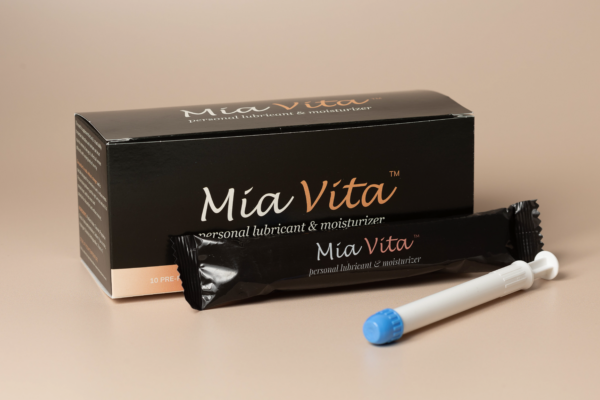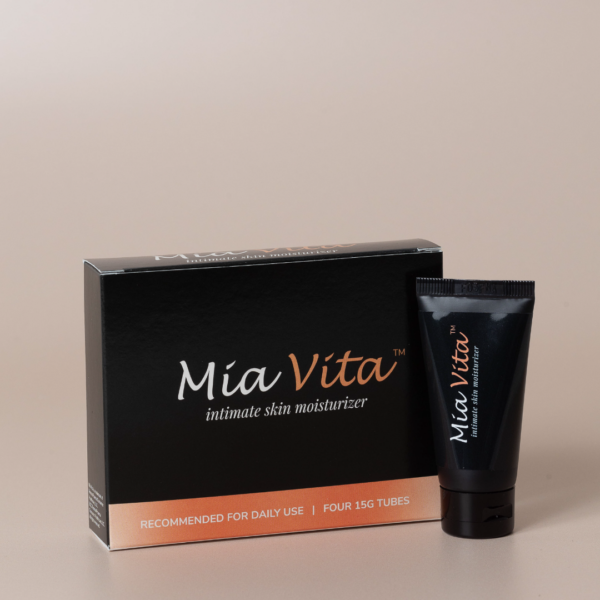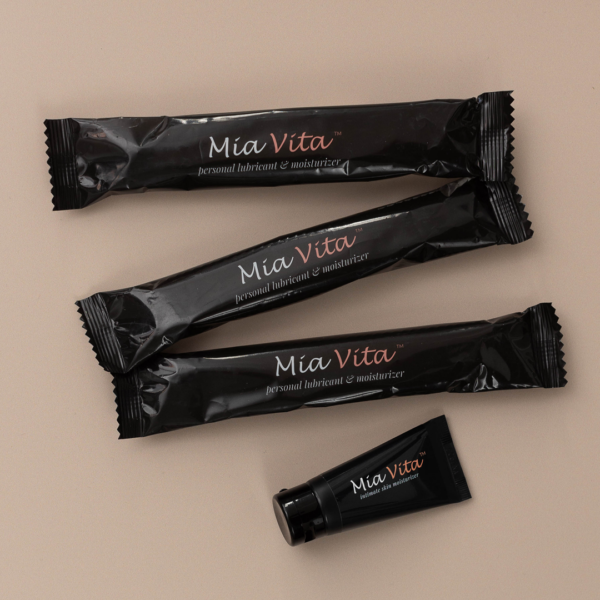
If you suffer from chronic pain or know someone who does, you may be familiar with using PEA, or palmitoylethanolamide, to help manage your symptoms.
And if you’ve found success using CBD or THC but are looking for a similar but natural, scientifically-backed alternative, PEA may be for you!
What is PEA (palmitoylethanolamide)?
Palmitoylethanolamideis are a fatty acid amide that is produced naturally in our bodily tissues, as well as in small amounts in foods such as eggs, peanuts, and soy. Though PEA was discovered in the 1940s, it’s only been manufactured as a supplement and used in the United States recently. It can be used to treat various types of chronic pain and inflammation.
PEA and the endocannabinoid system
To understand how it works, we need to understand our body’s endocannabinoid system.
An ancient system that’s only recently been explored, the endocannabinoid system is a complex system of signaling molecules, signaling compounds, and receptors that are found naturally in our tissues. The system is involved in many processes, ranging from digestion and metabolism to memory, motor control, and chronic pain.
When your body’s functioning or immune system become unstable or inflamed – perhaps due to an injury or illness – the endocannabinoid system helps return it to a sense of balance, or homeostasis. The system does this by slowing down the release of neurotransmitters – or nerve impulses – in your brain. And PEA is one of three signaling compounds that supports this process.
What is PEA used for?
Since the research is relatively new, scientists are only beginning to uncover the potential uses for and benefits of PEA. Here are a few conditions that PEA has been shown to treat effectively in recent clinical studies:
Carpal tunnel syndrome and lower back pain
Multiple studies over the last 10-15 years have shown promising results on the use of PEA to treat nerve compression pain such as carpal tunnel syndrome and sciatica or lower back pain.
Osteoarthritis of the knee
In a study on the effects of PEA on osteoarthritis of the knee from 2019, participants reported reduced pain levels when given PEA as a supplement over the course of eight weeks. Additional studies since then have shown similar promising results.
Endometriosis
Similarly, women suffering from endometriosis who take a PEA supplement have reported reduced levels of pelvic pain, as well as an increase in their quality of life and sense of wellbeing.
Sleep issues
PEA shows promise to help folks suffering from insomnia. In another recent study done on the effects of PEA on sleep disturbances, participants who took a PEA supplement fell asleep more quickly and awoke more fully with improved cognition than those in the control group.
Depression
In clinical trials, patients recently diagnosed with depression were randomized into two groups, either Celexa ( a common medication used to treat depression) plus placebo, or Celexa plus PEA. Over the course of eight weeks, every couple of weeks, these patients took a depression index test to score the severity of their depression. The people who took Celexa plus PEA felt better faster, and their depression levels dropped more significantly than those who took Celexa alone. In other words, PEA was shown to help decrease the patients’ levels of neuroinflammation caused by moderate to severe depression.
Diabetic neuropathy
Anyone who’s familiar with diabetic neuropathy, or nerve damage due to long-term diabetes, knows it can be quite painful, with limited treatment options. PEA may help to change that and provide some relief.
In a recent quadruple-blind study that compared the effects of PEA versus a placebo on participants with diabetic neuropathy, the PEA group showed a 50-60% reduction in the severity of pain, and a 50% improvement in the quality of their sleep compared to those in the placebo group.
What are the side effects of PEA?
There are little to no side effects. Because it’s naturally occurring, it doesn’t get processed through the liver like its synthetic counterpart, CBD. It also doesn’t interact with other medications.
PEA is an exciting new treatment option that shows many potential benefits for common chronic pain conditions. If you think PEA is an option for you to consider taking, consult with your healthcare provider.
For a deeper dive into the endocannabinoid system, check out the podcast episode.
FemmePharma has been helping women navigate menopause for over two decades. No matter where you are in your journey, you deserve to have knowledgeable, intimate healthcare partners to help you feel your best. Explore our other articles, podcast episodes with women’s health experts, and products to ease your transition into menopause.


